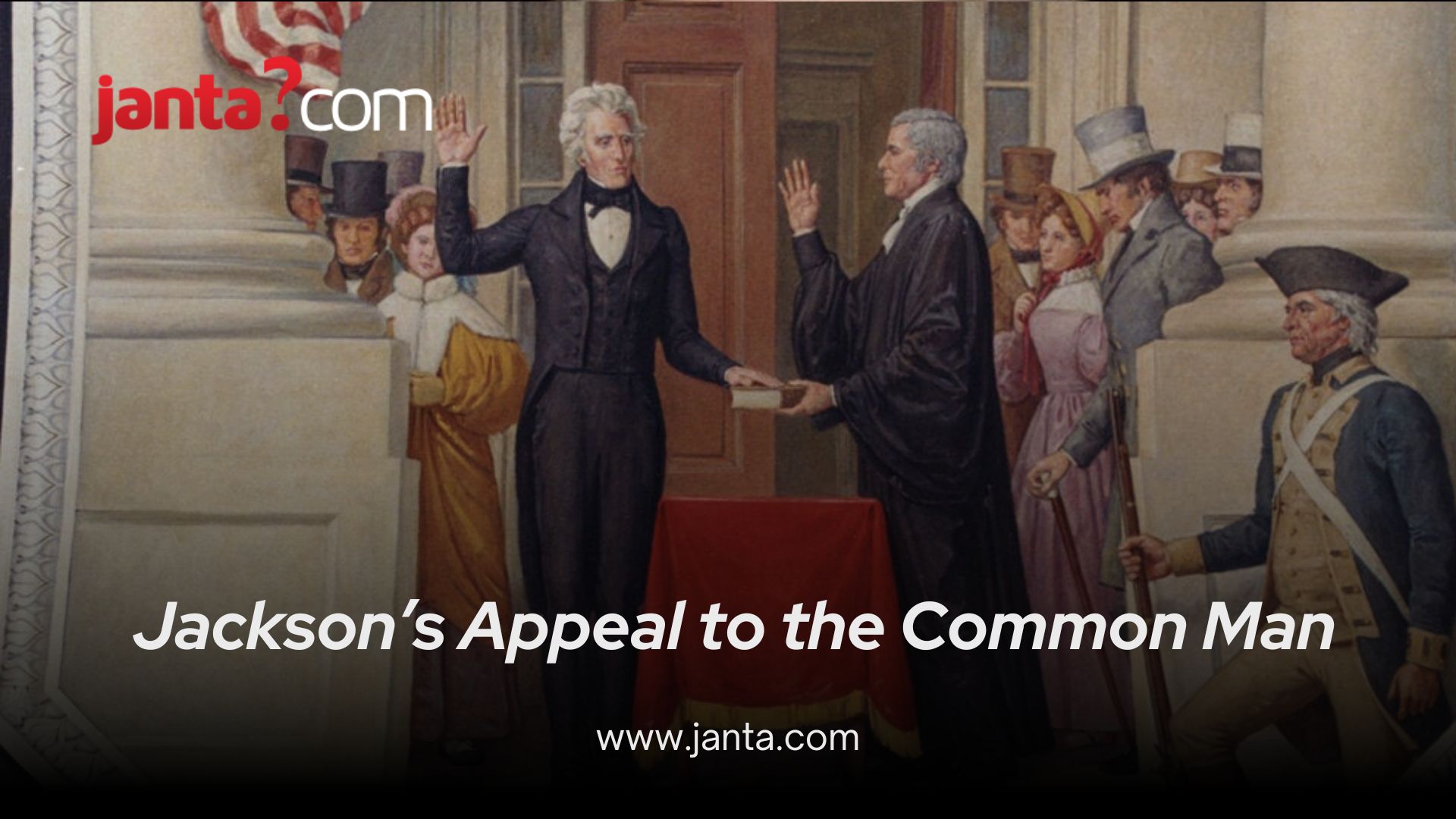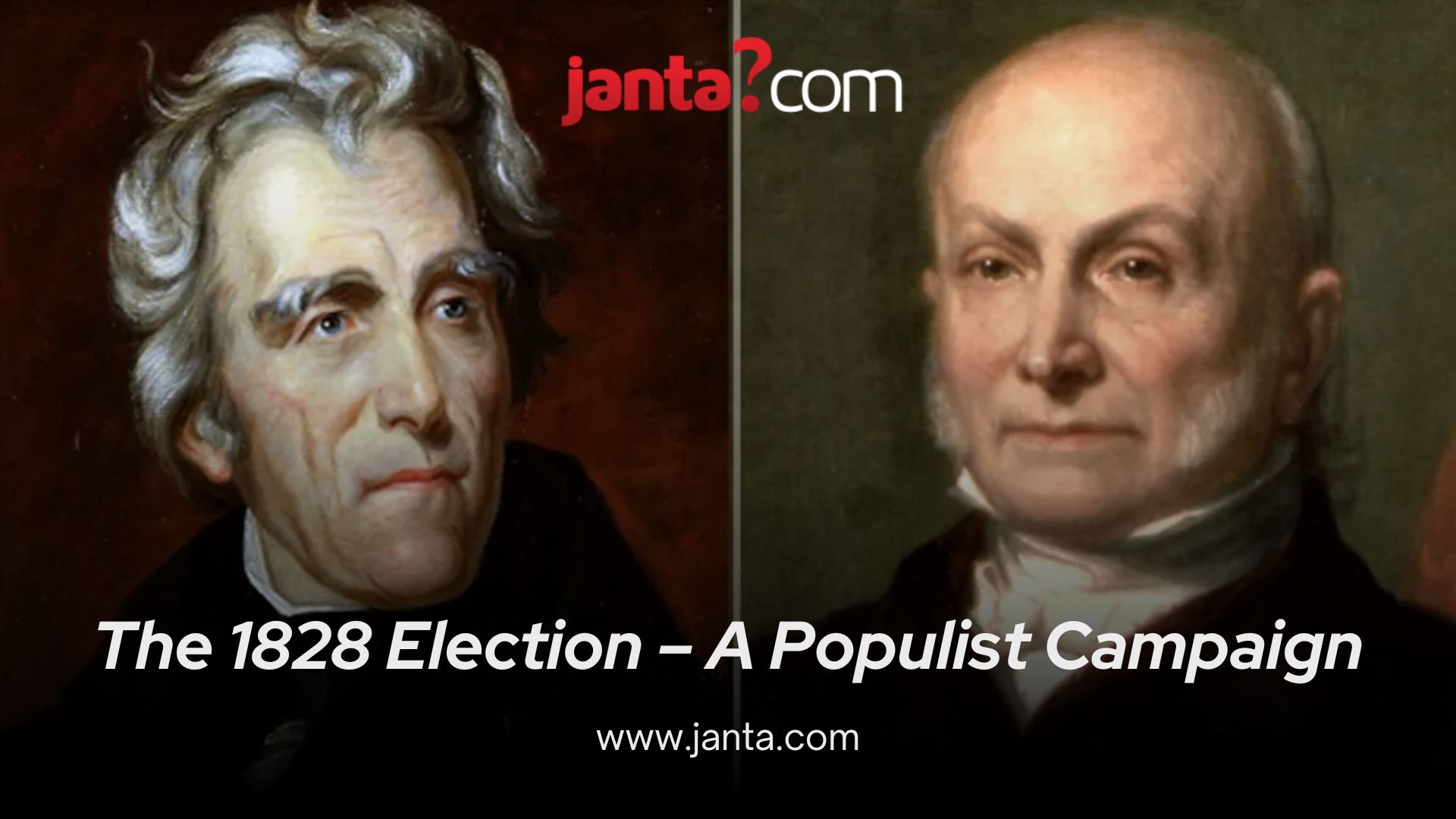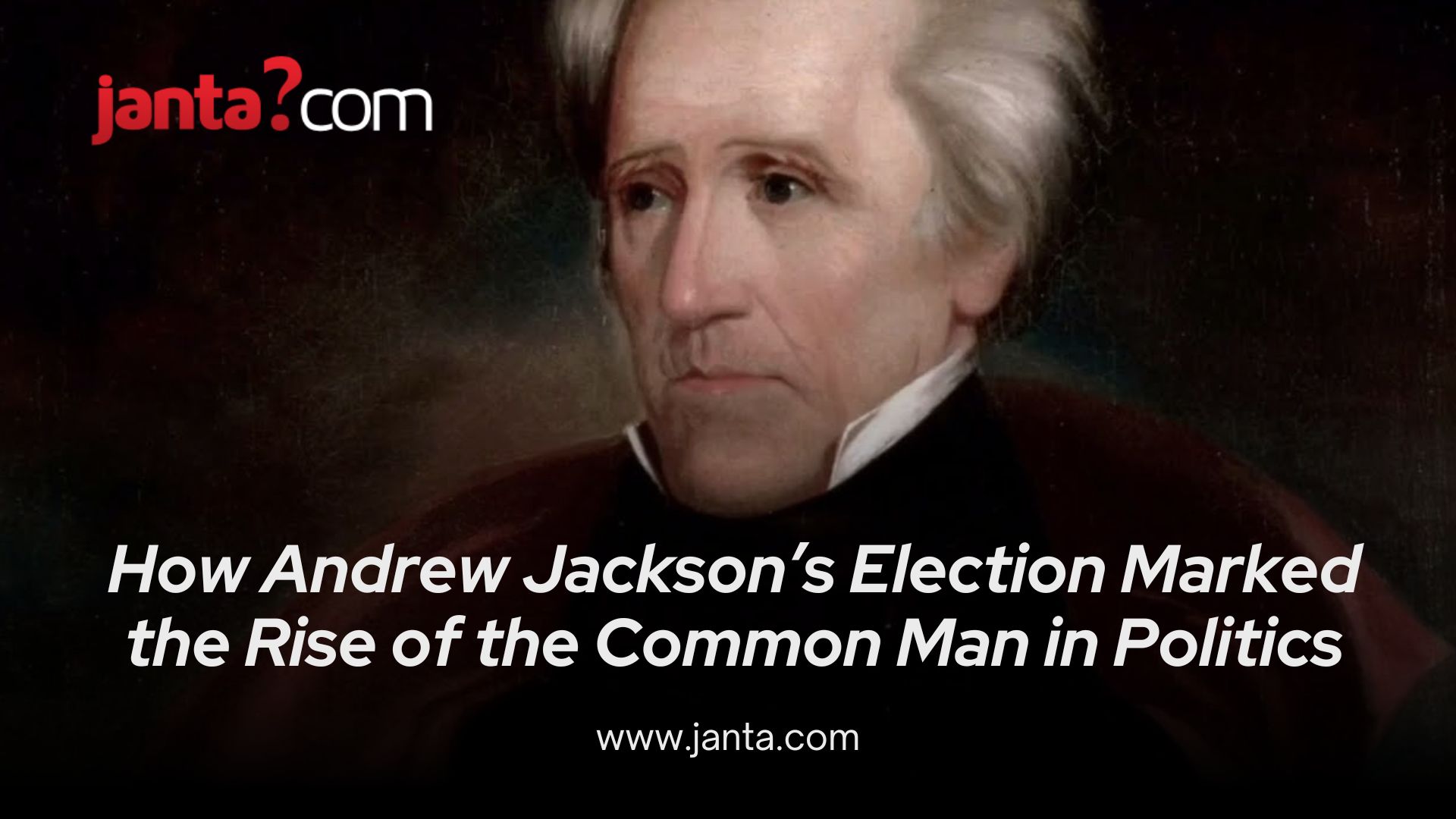Andrew Jackson’s election in 1828 is a pivotal moment in American political history, marking the rise of the "common man" to the highest office. This election challenged the dominance of wealthy elites and opened the door for ordinary citizens to engage in politics, giving them a voice and initiating a populist movement that reshaped democracy in the U.S.
In this blog, we will explore how Jackson's ascent transformed American politics, expanded voting rights, and impacted marginalized groups. Discover how this moment laid the groundwork for contemporary discussions on inclusivity in politics.
The Political Climate Before Jackson
Before Jackson, American politics largely belonged to a privileged elite. Early presidents like George Washington and Thomas Jefferson came from affluent backgrounds and typically restricted voting rights to property owners, excluding many poorer white men. Jackson, known as “Old Hickory” for his resilience, broke this mold by being the first president from a humble background, earning the support of ordinary Americans.

Jackson’s Appeal to the Common Man
Jackson’s appeal stemmed from his self-made man image. Born in poverty in the Carolinas, he rose to prominence as a lawyer, military leader, and national hero after his victory at the Battle of New Orleans. Lacking formal education, Jackson resonated with voters who felt marginalized by the political establishment. He portrayed himself as a champion of the common man, opposing the corrupt elites who prioritized their interests over those of the people.
The Expansion of Voting Rights
Jackson's rise coincided with a significant expansion of voting rights in the early 19th century. By the 1820s, many states eliminated property qualifications, allowing more white men to vote. The electorate grew from about 350,000 in 1824 to over one million in 1828. Jackson effectively capitalized on this increase, contrasting himself with John Quincy Adams, who represented the old political order.

The 1828 Election – A Populist Campaign
The 1828 election is often seen as one of the first modern political campaigns. Jackson’s supporters utilized newspapers, rallies, and slogans to promote his candidacy, depicting him as a rugged defender of the people. His slogan, “Let the people rule,” emphasized his belief in citizen participation. Conversely, the Adams campaign’s character attacks on Jackson backfired, reinforcing voters' perception of elitism. Jackson won decisively
Jacksonian Democracy and Its Impact
Once in office, Jackson promoted policies aimed at benefiting the common man, associated with “Jacksonian Democracy.” This philosophy emphasized greater citizen participation and opposed the concentration of power among elites. A key action was his opposition to the Second Bank of the United States, viewed as a tool of the wealthy.
However, Jackson’s presidency also revealed darker aspects, particularly in his policies toward Native Americans, including the Indian Removal Act of 1830, which resulted in the tragic Trail of Tears.
The Legacy of Jackson’s Election
Jackson’s election marked a turning point, fostering a more inclusive political system for white men and expanding suffrage. It laid the groundwork for a more democratic society, albeit primarily for certain groups. Yet, Jackson’s presidency also highlighted the contradictions of this new order; while he championed the common man, his policies often marginalized Native Americans and African Americans.
In conclusion, Jackson’s presidency reshaped American politics, making it more accessible to ordinary citizens and setting the stage for ongoing debates about democracy in the United States. What are your thoughts on his presidency?
Let us know! Follow Janta for more political content.
